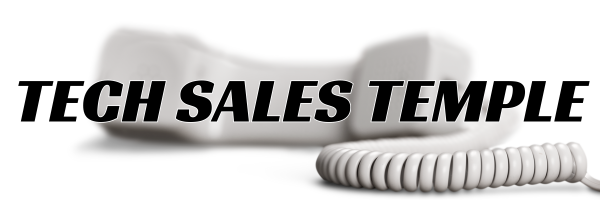DISC Model in B2B Sales: Unlocking the Power of Personality Insights

What is the DISC Model?
The DISC Model is a personality assessment tool developed by psychologist William Moulton Marston. It categorizes individuals into four primary types, each represented by a letter:
- Dominance (D)
- Influence (I)
- Steadiness (S)
- Conscientiousness (C)
Each type signifies different communication styles and behavioral tendencies, which can be incredibly beneficial for understanding and improving interpersonal interactions, particularly in sales.
Table of contents
Understanding the DISC Types
Dominance (D)
Keywords: Dominant, Driver
Dominance types are characterized by their desire for control and results. They are confident, competitive, and enjoy challenges. Here’s what you should know about them:
- Strengths: Assertive, decisive, and goal-oriented.
- Weaknesses: Impatient and stubborn.
- Communication Style: Direct and to the point.
Influence (I)
Keywords: Influencing, Inspiring
Influence types are social and relationship-oriented. They are energetic, talkative, and optimistic. Understanding them involves recognizing:
- Strengths: Enthusiastic, persuasive, and open to new experiences.
- Weaknesses: Can be overly optimistic and sometimes disorganized.
- Communication Style: Friendly and engaging.
Steadiness (S)
Keywords: Steady, Stable
Steadiness types are calm, loyal, and focused. They prefer stability and methodical tasks. Important aspects include:
- Strengths: Good listeners, team players, and patient.
- Weaknesses: Reluctant to change and may struggle with quick decision-making.
- Communication Style: Warm and consistent.
Conscientiousness (C)
Keywords: Correct, Compliant
Conscientiousness types are detail-oriented and logical. They value competence and orderliness. Key traits are:
- Strengths: Analytical, meticulous, and systematic.
- Weaknesses: May be overly critical and reluctant to delegate.
- Communication Style: Formal and precise.
Benefits of the DISC Model in Sales
Assessing Customer Personality Types
Knowing which personality type your prospect or customer fits into allows you to tailor your approach more effectively. For example:
- Dominance types appreciate efficiency and will respond well to data-driven presentations that quickly address their pain points and solutions.
- Influence types value relationships and are more likely to be swayed by testimonials, case studies, and enthusiastic pitches.
- Steadiness types prefer consistency and reliability, making them more receptive to detailed explanations and reassurances.
- Conscientiousness types need detailed information and evidence to make decisions, so providing comprehensive data and logical arguments will resonate with them.
Self-Assessment for Sales Professionals
Understanding your own DISC profile can help you recognize how others perceive you, allowing you to adjust your behavior for better interactions. For instance:
- Dominance types might need to tone down their assertiveness when dealing with more reserved clients.
- Influence types may need to focus on organization and follow-through to maintain credibility with detail-oriented prospects.
- Steadiness types could benefit from pushing themselves to be more adaptable in dynamic situations.
- Conscientiousness types might need to work on being more approachable and less critical to foster better client relationships.
Practical Steps to Implement DISC in Sales
- Identify Your Prospect’s DISC Type:
- Use observations and interactions to gauge their primary DISC traits.
- Ask probing questions to understand their preferences and decision-making style.
- Adapt Your Communication Style:
- Adjust your pitch and follow-up strategy based on the prospect’s DISC type.
- Tailor your language, tone, and content to align with their values and priorities.
- Self-Reflect and Adjust:
- Regularly assess your own DISC profile and be mindful of how it impacts your sales interactions.
- Seek feedback from peers and mentors to continuously improve your approach.
Conclusion
The DISC Model offers profound insights into both your prospects’ and your own personality traits, transforming how you approach sales interactions. By mastering this tool, B2B sales professionals can enhance their ability to connect with clients, tailor their pitches, and ultimately close more deals.
For a deeper dive into mastering sales psychology, join our Tech Sales Temple community and connect with experts who can guide you every step of the way.
